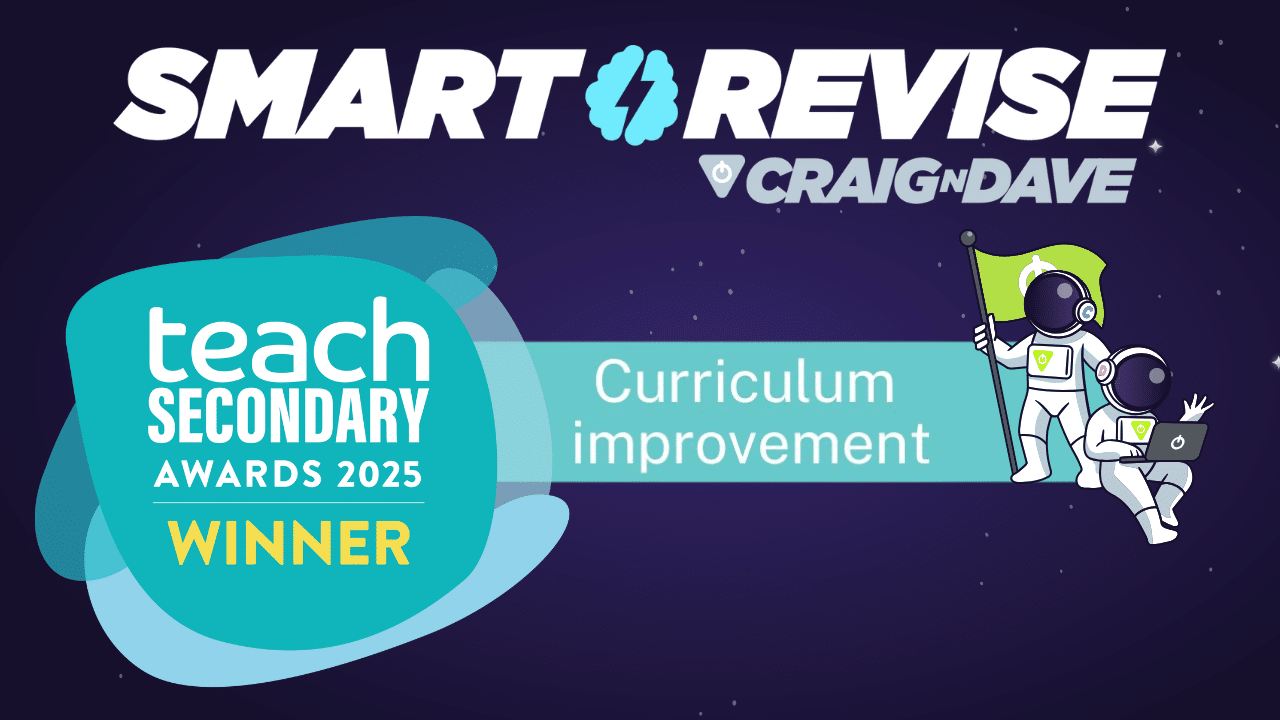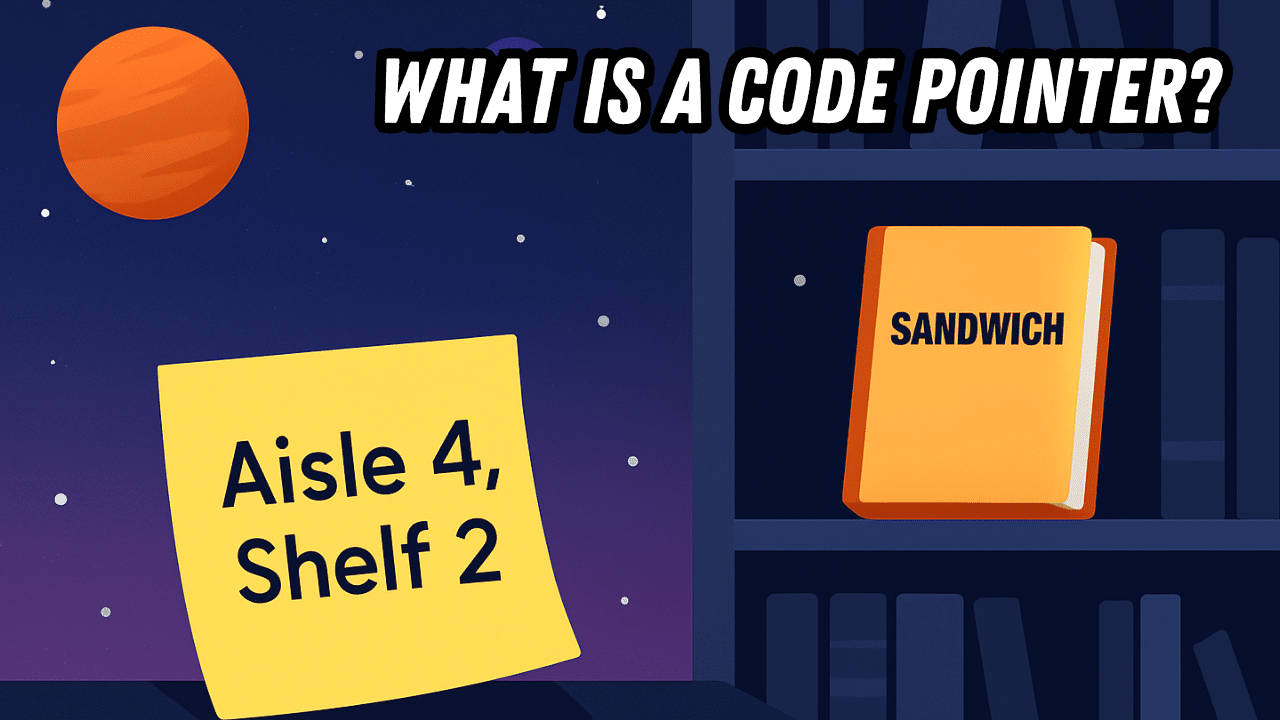
17 October 2025
In secondary schools across the UK, a growing concern is emerging around the use of non-specialist teachers—particularly in computing. While this issue affects many subjects, computing is uniquely vulnerable due to its rapid evolution, technical complexity, and the foundational nature of early learning. A recent Teacher Tapp poll for Tes revealed that over a third of Year 7 students are taught by non-specialists. This trend raises serious questions about the long-term impact on student outcomes and subject uptake.
What is a non-specialist teacher in Computing?
A non-specialist teacher is someone delivering a subject they are not formally trained or qualified in. In computing, this might be a teacher whose background is in another discipline—perhaps maths or business—who has been asked to teach computing due to staffing shortages or gaps in their timetable.
A computing specialist typically holds a degree or formal qualification in computer science or a related field, has experience in programming, systems architecture, or digital literacy, and understands the pedagogical approaches specific to computing education. Without this foundation, non-specialists may struggle to deliver the depth and accuracy required.
Why are non-specialists mostly used in lower year groups?
Schools often prioritise specialist teachers for Key Stage 4 and 5, where GCSE and A-level results are at stake. As a result, Key Stage 3 (Years 7–9) is frequently staffed by non-specialists. This is seen as a pragmatic decision—yet it may be a strategic misstep.
The risks of non-specialist teaching in Computing
Computing is not a subject that can be taught effectively without deep understanding. Non-specialists may lack confidence in coding, struggle to explain abstract concepts like algorithms or data structures and rely heavily on worksheets or outdated resources. This can lead to:
- Superficial learning experiences.
- Misconceptions that persist into later years.
- Reduced student engagement and enthusiasm.
Impact on students: a catch-up crisis
By the time students reach Year 10, many require intensive intervention to prepare for GCSE computing. This catch-up sprint is costly, stressful, and often avoidable. If students had received high-quality instruction in Key Stage 3, the need for intervention would be significantly reduced.
Moreover, students who don’t build a strong foundation early on are less likely to choose computing as a GCSE option. This not only affects individual career pathways but contributes to the national decline in computing uptake—a worrying trend given the UK’s digital skills gap.
Is this a mistake in strategy?
Absolutely. Computing is a cumulative subject. If students don’t grasp core concepts like logic, abstraction, and programming fundamentals in Years 7–9, they are at a disadvantage later. Poor early experiences can also damage perceptions of the subject, leading to lower engagement and fewer students opting in at GCSE level.
The silver lining: non-specialists who aspire to specialise
Not all non-specialist teaching is detrimental. Some teachers, though not formally trained, bring enthusiasm and a growth mindset. These individuals:
- Ask insightful questions.
- Actively seek to improve their subject knowledge.
- Reflect critically on their teaching methods.
With the right support, these teachers can become excellent computing educators. Their journey often leads to deeper pedagogical awareness and a strong commitment to student success.
What’s the solution?
To address this issue, schools and policymakers must:
- Invest in specialist recruitment
While the government currently offers generous bursaries—up to £30,000—to attract computing graduates into teaching, retention remains a major challenge. Many new teachers leave the profession within just a few years. The Department for Education promotes a starting salary of £30,000, but this figure still falls £10,000–£20,000 short of what a graduate software engineer might expect in industry. If we want to compete for talent, we need to rethink not just recruitment, but long-term career development and support. - Support aspiring specialists
Non-specialist teachers who aspire to specialise in computing need more than goodwill—they need structured support. While grassroots organisations like Computing At School (CAS) and Digit<all> offer excellent free CPD and networking opportunities, these are rarely embedded into teachers’ timetables. As a result, many passionate educators face burnout trying to upskill in their own time. Schools must make space for professional growth, not just expect it. - Recognise the value of Key Stage 3
Key Stage 3 is often overlooked in staffing decisions, yet it’s where students form their first impressions of computing. School leaders must treat early computing education as a strategic priority, not a scheduling afterthought. Long-term planning should place specialist teachers in front of younger students—not just to improve outcomes, but to inspire future uptake. Investing in Key Stage 3 is investing in the future of the subject.
If we continue to undervalue Key Stage 3 and rely heavily on non-specialist teaching, we risk undermining student potential and the subject’s long-term viability. The solution lies in recognising the importance of early computing education and empowering both specialists and aspiring specialists to deliver it with confidence and clarity.










